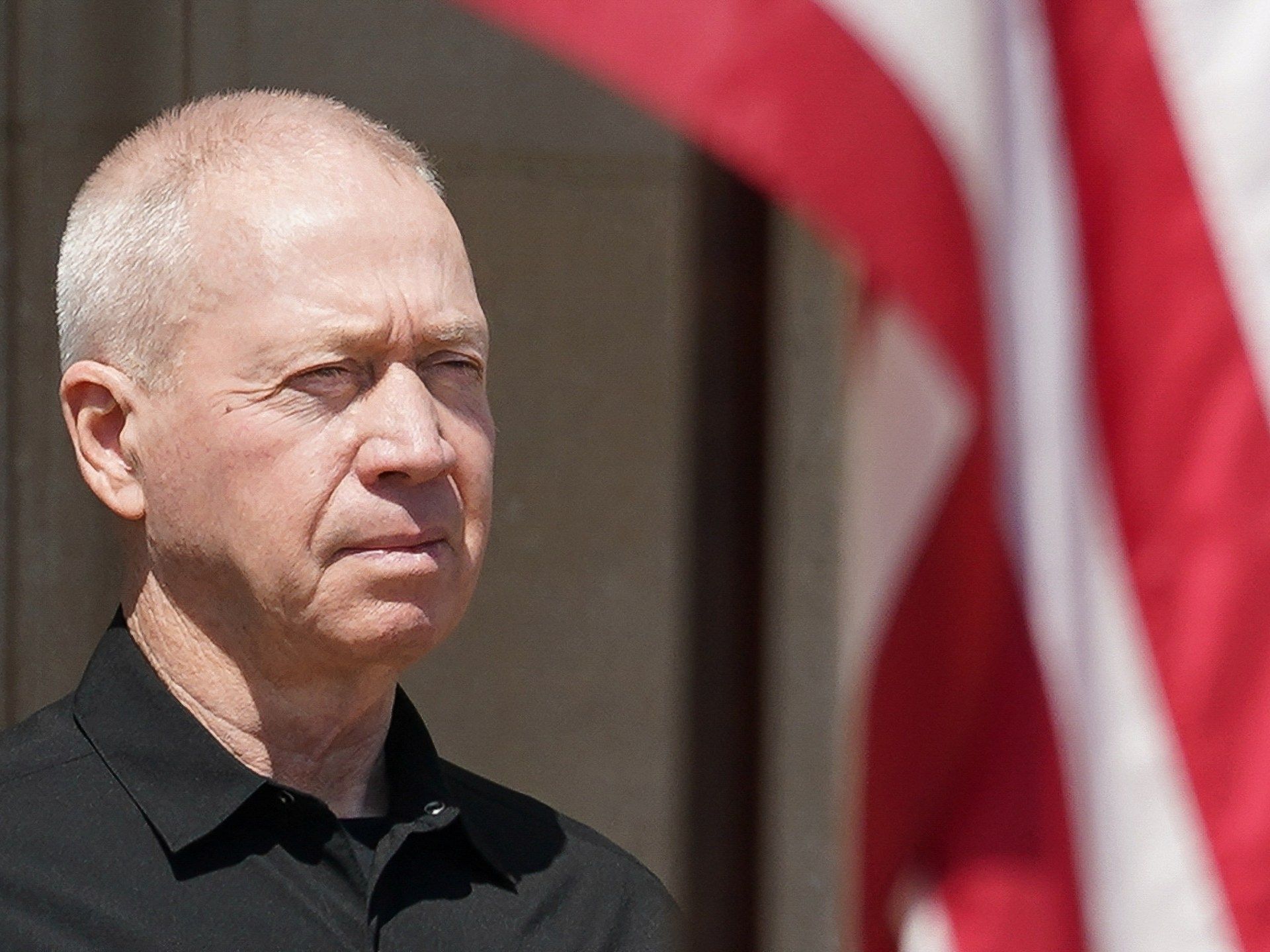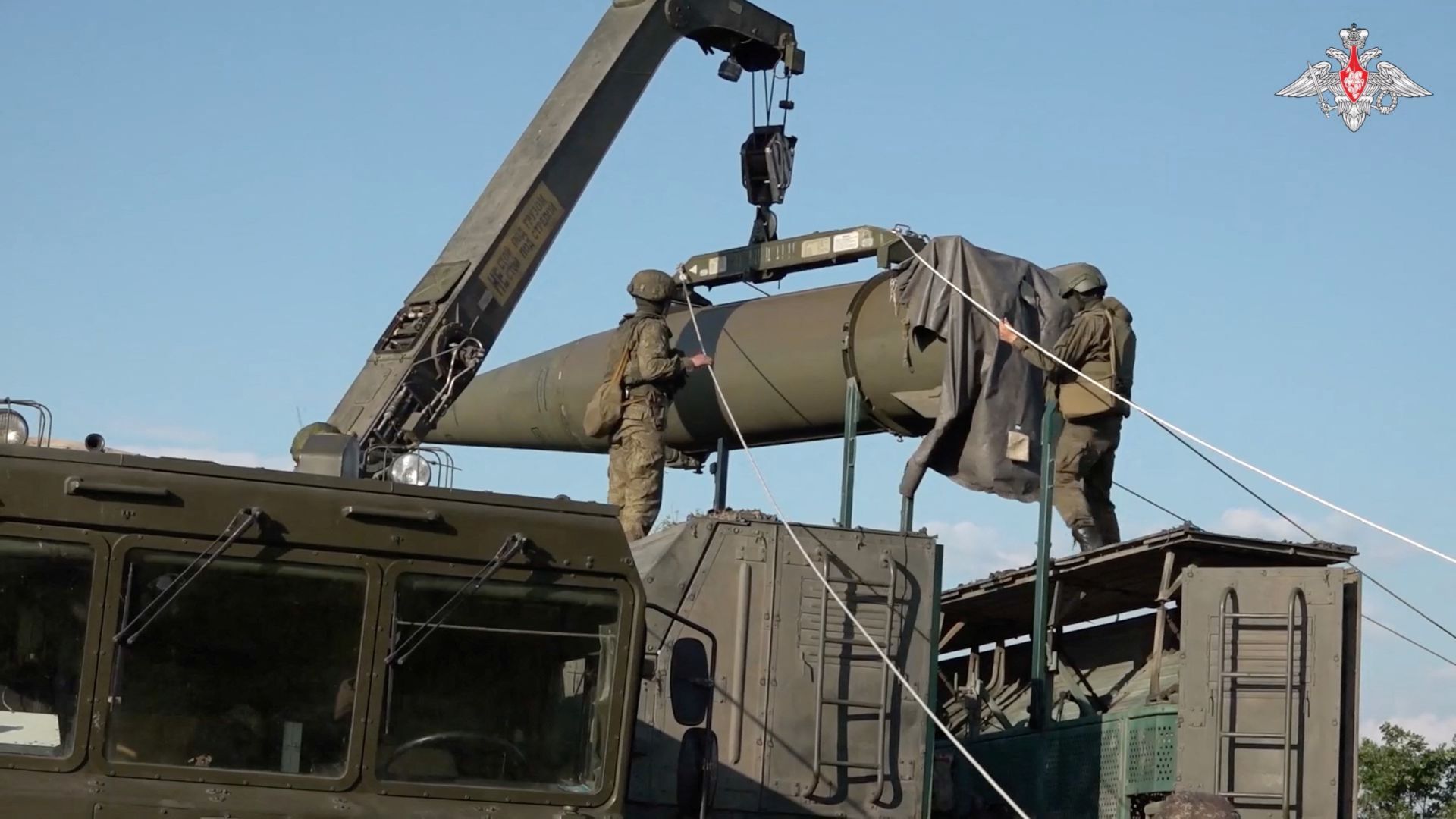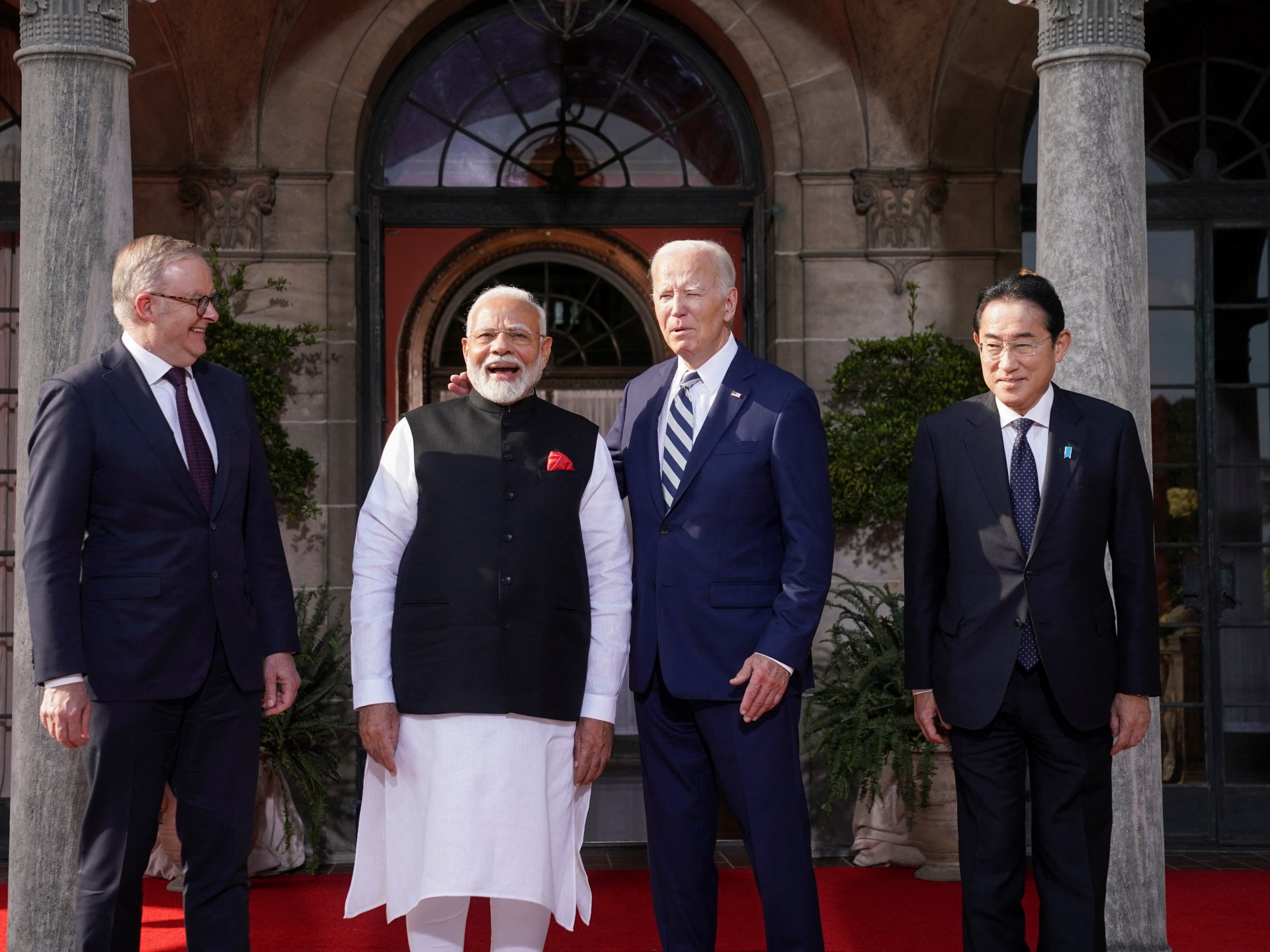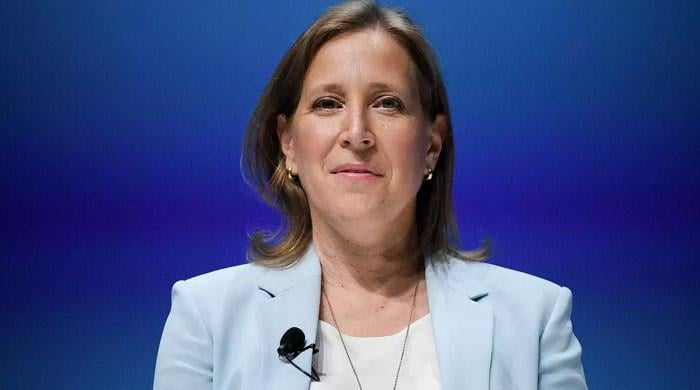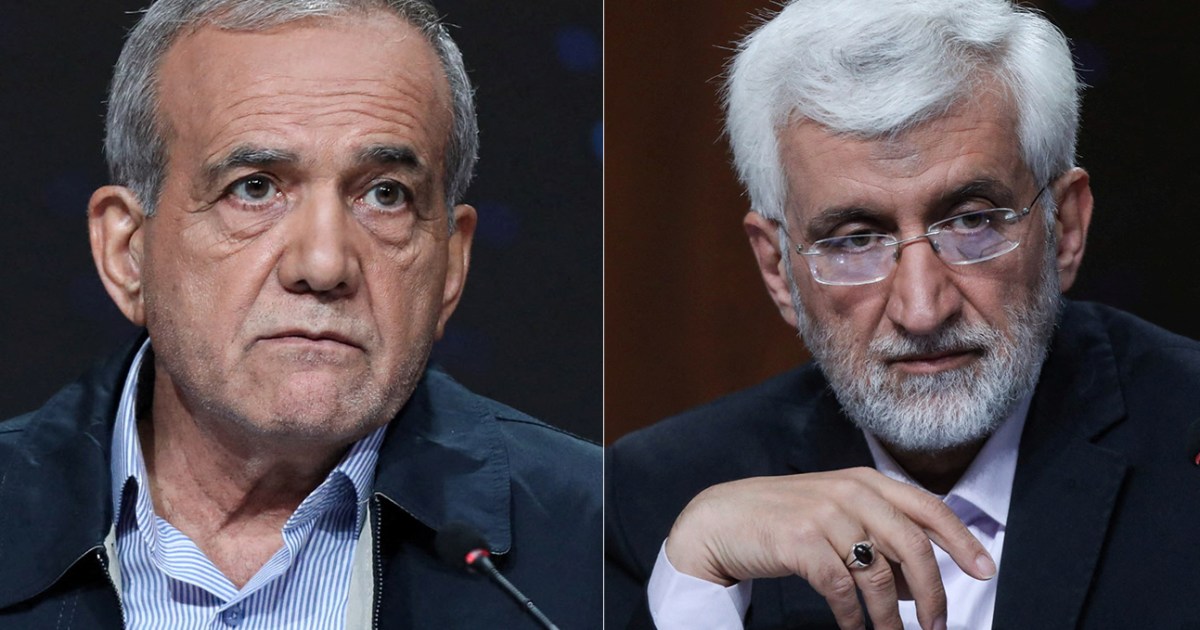Gallant says Israel can inflict “massive damage” as UN humanitarian chief says war would be “potentially apocalyptic”.
Israel has said it does not want a war in Lebanon but that it could send its neighbor “back to the Stone Age”, as the United Nations humanitarian chief warned that such a conflict would be “potentially apocalyptic”.
“We don't want war, but we are preparing for all scenarios,” Israeli Defense Minister Yoav Gallant told reporters Wednesday in Washington, DC. “Hezbollah understands very well that we can inflict massive damage on Lebanon if a war is launched.”
Israel was able to take “Lebanon to the Stone Age, but we don't want to do that,” he said.
The border between the two countries has been the scene of daily exchanges of fire between Israeli forces and the Iran-aligned Lebanese group Hezbollah since the current conflict in Gaza broke out on October 7. Fears of a full-blown war increased this month after Prime Minister Benjamin Netanyahu said Israel was preparing for “a very tense operation” on the border with Lebanon.
Hezbollah chief Hassan Nasrallah has also threatened a “no holds barred, no rules and no limits” war in the event of a major Israeli offensive against Lebanon.
Gallant's language echoes rhetoric used by Benny Gantz, a former general and leader of Israel's National Unity party who recently resigned from the war cabinet citing a lack of agreement on a plan for Gaza beyond the war.
In a series of campaign videos ahead of the 2019 general election, Gantz referred to sending the Palestinian enclave “back to the Stone Age” during the 2014 Gaza war, a campaign he oversaw as army chief.
Meanwhile, UN humanitarian chief Martin Griffiths called Lebanon “the flashpoint among flashpoints.”
“It is beyond planning. It is potentially apocalyptic,” he told reporters in Geneva, warning that a war involving Lebanon would draw in Syria and other countries.
US Defense Secretary Lloyd Austin told Gallant on Tuesday that another war with Hezbollah could have “terrible consequences for the Middle East,” and urged a diplomatic solution.
A U.S. official said Washington was engaged in “pretty intense talks” with Israel, Lebanon and other actors, and believed neither side was seeking a “major escalation.”
Lebanon's National News Agency reported 10 Israeli attacks in areas near the border on Wednesday, including one that destroyed a building in Nabatiyeh, wounding five people, and Hezbollah claimed six attacks on Israeli military positions in the border region.
Gallant also said he discussed his “day after” proposals for postwar Gaza governance with senior U.S. officials. The process, which would include local Palestinians, regional partners and the United States, would be “long and complex,” she said.
Gallant, a member of Netanyahu's Likud party, criticized the prime minister in May for the lack of a post-war plan for Gaza (echoing criticism from the United States).
While Gallant's trip to the United States was aimed at shoring up bipartisan support for Israel as tensions with Lebanon rise, some observers say it is also an attempt to undermine Netanyahu a month before he visits Washington, D.C. and address a joint session of the United States Congress.

